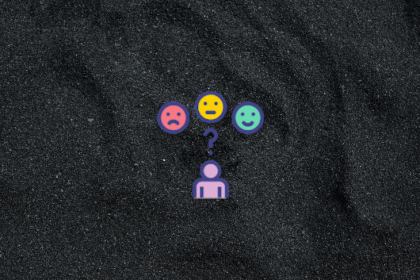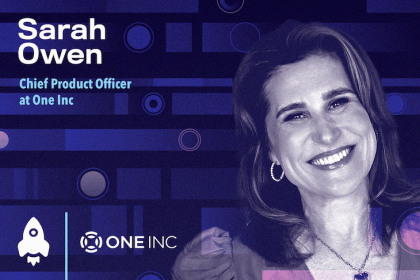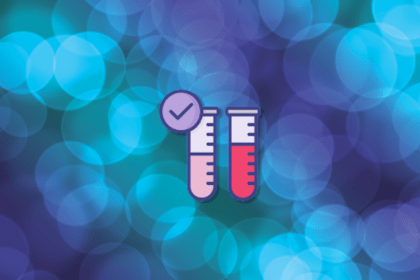
Product design is the process of creating, improving, and maintaining products that solve customer and/or user needs.

What matters most, delivering output or creating value? This guide will help you differentiate what’s sustainable and what’s not in terms of velocity and long-term planning.

Lead time in product management is the amount of time it takes to deliver a product or feature to the customer.

Product strategy and financial goals should work in harmony with each other.

A product qualified lead is a potential user who has experienced value from your product firsthand, often from using a product trial.

In this interview, Sarah discusses how she drives adoption by having customers influence the roadmap and outlines her team’s “magic mountain.”

Understanding the order of magnitude is a key skill in product management so that you know where to prioritize development efforts.

In this article, we will talk about the importance of building trust and autonomy in product management leaders and teams.

Distribution channels are the methods or platforms that allow your product to reach and be accessed by its target audience.

Since an organization has multiple teams working on multiple projects, big-picture themes help everyone move in the same direction.

Product testing is the systematic process of evaluating and assessing a product’s quality, performance, safety, and compliance.

We’ll talk about the 12 Week Year, how it works, and how you can implement it to better your goal setting and execution.